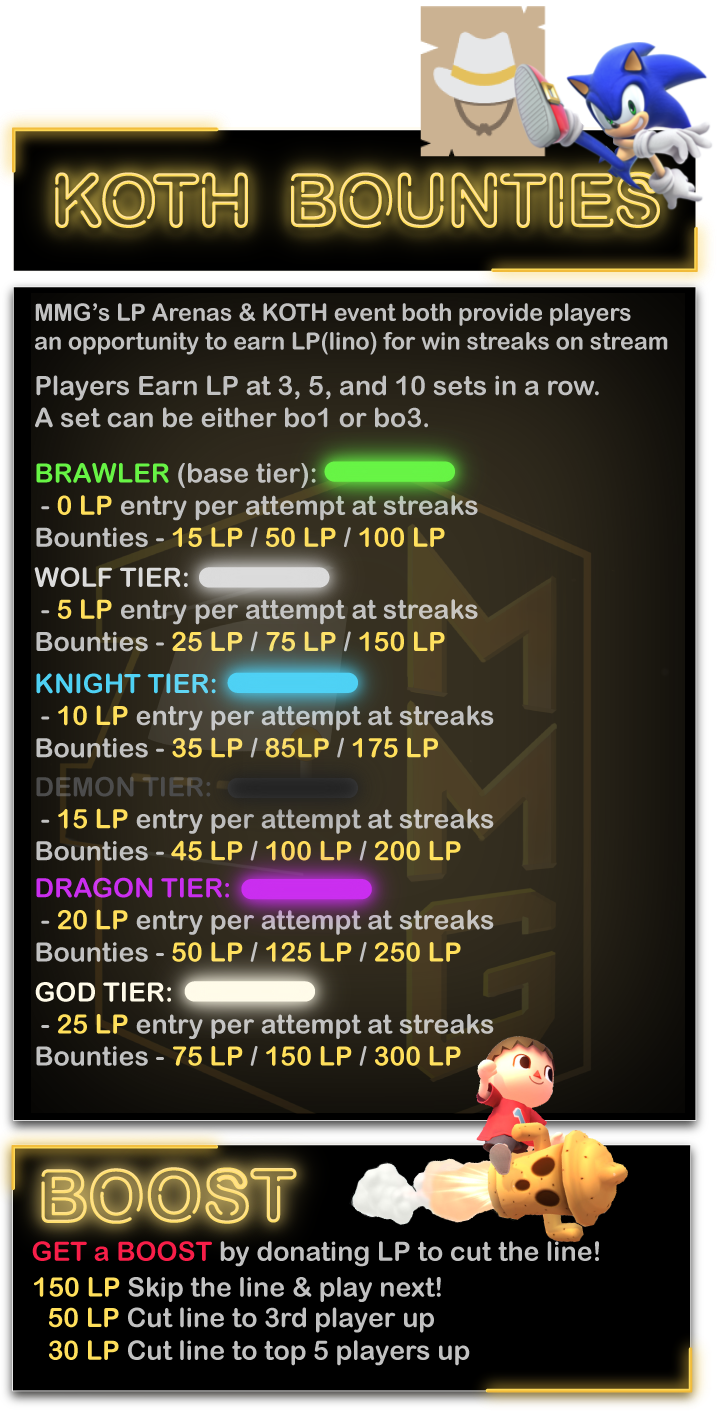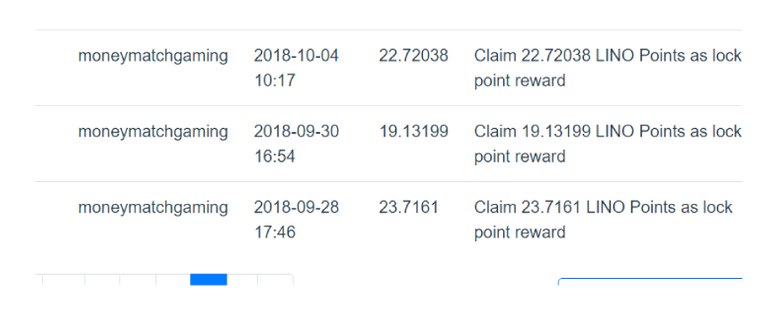Many in the Esports community have talked about blockchain technology and how it can be used to better Esports. It's been long known that Esports is a growing ECONOMY internationally, but for those more closely following Esports, it's also known that there is an issue with payments going out to players or even being able to fund an event (venue fees, deposit, insurance, tech, etc.). In a world were publishers are just catching up to the curve, and when the big boys do they play "hard ball" (just not friendly to the average gamer), there's a serious problem with the Esports ecosystme
The Pipline Problem
Polygonsource
The pipeline problem is felt with particular intensity in professional gaming. This is because succeeding in Esports, like all sports, is not simply about meeting accreditation standards (e.g., passing the state bar). Rather, competitive gaming is built on the goal of being better than someone else, meaning that esports dramatizes accumulated skill in ways that most careers do not. So finding — or, really, producing — that top .01% of players that an (e)sport needs to shine requires a kind of pyramid: millions of casual players, thousands of competitive ones, hundreds of elites, and a precious few superstars. As players rise through the ranks, skill inheres in them, making it possible to separate, in the warm glow of stadium lights, the good from the great, the great from elite, and the elite from the legends.
So how does the Esports pipline breakdown and what is MMG doing about it? At MMG we see a major issue with Esports being 'potential earnings for time spent competing'. Let's break it down. At the top of the Esports Pipeline are those who have made it, pro players that make plenty of money playing(via streaming, sponsors, prize money, etc), and at the very bottom are people who primarily play for fun and don't expect to earn anything at all when they play. Then there's the middle ground, players that(aspire)train to be pros, but don't earn a lot if any from competition, be it from tournaments or team sponsorship and such.
To put it bluntly, someone has to pay for as many hours of practice as possible.
“When you’re talking about team sports — basketball, football, whatever — there’s this natural progression. You have Little League, then small amateur stuff, then high school — or, in Europe, club sports — then college, then semipro, and then pro,” says Michal “Carmac” Blicharz, vice president of pro gaming at the Electronic Sports League, the largest esports tournament organizer in the world. “Every single one of those has a sustainable business model. Whether that’s people — or their parents — paying to play, or the college level doing it through sponsorships, ticket sales, and media rights, each ‘step’ works because it’s large enough [to support itself].”
So, you might still have questions after reading that. How does a player become a pro? How do they get sponsorship? What placement do you have to get to be paid!?!?! Well, those are all issues that MMG is currently solving. Let's dive in!
Since finding blockchain technology and Steemit in 2017, MoneyMatchGaming has experimented with various platforms & blockchains to find the tools that best meet the needs of our growing community of competitive gamers. Our first inclination was to develop on the Steem blockchain our first love, and home at the time, but the on-boarding process for new members proved to be too slow, and led to a drop off in conversion rate, though those that did get on-boarded were retained, if not on the Steem blockchain, at least in the MMG community.
Fast-forward past the peak and fall of BTC(Bitcoin) and we're in September of 2018, it's HF20 on Steemit, and Dlive.tv has just left for the lino blockchain. Recognizing their move as purely business, I decided to join Dlive.tv on day 2 of it's opening and invest $10 (1000 lino points) to stake on the lino test network. The returns weren't astronomical, but it was more than I was making on Steemit from most blog posts, and I didn't have to do a thing. It didn't take long for me to begin imagining what it would be like to have a large investment in lino. Fast-forward again, and MMG currently has over 120,000 locked (staked) lino points, but why? To fund our events!
The beauty that we've found with the lino point is that it currently has a stable value of 1.2 cents USD, because it is a token only, that is run on a blockchain(for now). Also, that it's attached to a live streaming platform, which makes for an easier sell to our community, as a gaming company that streams weekly events, AND the on-boarding is instant! Big win for us, and because of this we've seen our discord grow from 60 to 1150 within a year.

The LP Bounties system has proven popular enough that we even extended our Bounties to other tournaments in the Smash Bros. Ultimate online scene, which has allowed players to compete for prizes money, per round(per set), almost every day of the week. Most recently, the MMG team has been in talks with a Smash Bros. major(premier esports event) to bring LP Bounties to their IRL event, however the project was put on hold when the Tournament organizers asked for the "cash" not lino, upfront, and without having players engage with the blockchain to get it. We obviously said no, because (and let me be clear) "we are here to teach gamers about blockchain technology and how it can be utilized to pursue their passions, and grow the smash bros & esports community as a whole". To do this, we need to step away from what are considered traditional paths of monetization in a landscape that has truly been along for less than a decade.

At current stake, MMG is able to make more per day than if we were to get a new sub on Twitch everyday of the month, which has never happened for us. In fact, we've gotten less than 30 subs on Twitch in about 4 years of having a channel. From a startup perspective, that totally cancels Twitch out for anything other than recruitment of normies.
Why am I sharing this with you today? Well, as CMO of MoneyMatchGaming, and as a part of our mission statement to help others pursue their passions, I feel it's not just my job but my duty to-do so tirelessly until everyone on Steemit, and everyone in Esports listens. Blockchains want engaged users, and influencers to join with large fanbases(Esports), but won't do anything to support them & the potential that they bring. A gamers want the funding and potential that blockchains have to offer, but don't know it, don't know how to do it, not at scale, but a bunch of folks that created chains for upvotes and bots to exploit delegated payouts do. So, my suggestion, if you really want to turn this blockchain around, or if you just want to see Esports excel that much faster along with it. Support a Blockchain gaming company today. One with a community, not just one with ideas and 2 guys making a salary from delegation.